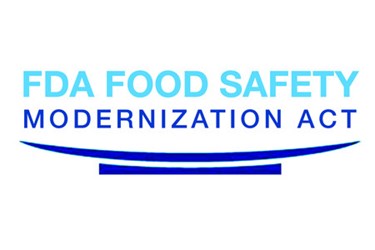FSMA Implementation: What's In Store For Private-Label Foods?
By Melissa Lind, contributing writer

Finalized rules of the Food Safety Modernization Act are rapidly approaching. While some regulations covering domestic food makers in the private-label sector have already been set, significant sections regarding foreign-manufactured food have not. FSMA's implementation may level the playing field somewhat for domestic food processors.
The Food Safety Modernization Act (FSMA) — the largest U.S. food-related regulatory action since the Food, Drug and Cosmetic Act was passed by Congress in 1938 — gives greater enforcement power to the FDA. It is requiring the food industry to focus on risk prevention and proactivity. FSMA affects the industry at every level, including private-label foods, and aims to increase regulatory compliance and overall food safety.
While much of FSMA has been enacted, final sections are scheduled for implementation over the next 14 months. Key provisions to be enacted include one major change, which will increase the burden on foreign-based food manufacturing and imports. The Foreign Supplier Verification Program, set for full implementation in August of 2015, requires facilities manufacturing outside of the U.S. comply with requirements to meet U.S. safety standards. This means international food producers will be required to implement programs similar to those of U.S. facilities such as:
- Verified supply chain management programs with routine inspection by certified third party
- Documentation and recordkeeping practices for food-safety programs
- Traceability and recall systems
- Upgrade to Hazard Analysis and Risk-based Preventive Control (HARPC) rather than current HACCP practices
Domestic food companies have already been required to address FSMA regulations, but little control has been available to ensure similar standards in foreign-produced food. The enactment of the Foreign Supplier Verification Program will change that and allow for the training of additional, foreign inspectors within the FDA.
While domestic manufacturers and suppliers are already covered under FSMA, retailers of private-label food products manufactured in the U.S. are still advised to consistently verify that suppliers are compliant as retailers will also be liable for any infringement or negative outcomes from such products.
Requiring foreign manufacturers to comply with U.S. safety standards may have a significant impact in countries with lesser regulations. These new requirements may decrease the financial incentive for companies to import private-label products and may provide an opportunity for domestic production as cost differentials may decrease.
